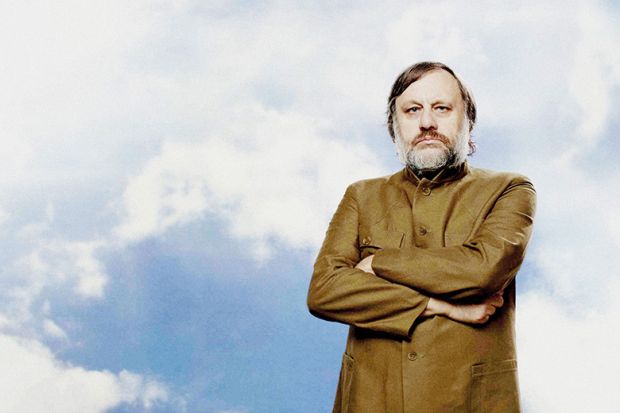A decisive proletarian answer to a Modernist question could perhaps be imagined in several ways, some comical and some violent, and it feels like the start of a bad joke or a party game to feed prejudices. But the intriguing title to this book conceals something both stranger and more complex.
For Nick Hubble is not making a didactic attempt to dislodge literary Modernism by installing a canon of authentically proletarian writers; rather, this is a judicious reading of British prose literature in the interwar years, offering a subtle mix of the well known and the forgotten. It shows how proletarian literature (a term used by critics from George Orwell to William Empson to designate not just writing by working-class authors but also writing about workers) was actually a politicised form of Modernism, one where questions about time, selfhood and reality did not lead to introspection or aesthetic withdrawal – but rather to a desire to change the world.
Such a form of Modernism, writes Hubble, “would be able to consider workplace dynamics alongside individual, class, gender, societal, colonial, and media relationships in order to reflect the full intersubjective experience of modern mass modernity”. It is a good hope – and his analysis of Naomi Mitchison’s We Have Been Warned, D. H. Lawrence’s Lady Chatterley’s Lover, Lewis Grassic Gibbon’s A Scots Quair and John Sommerfield’s May Day makes for a very different way of thinking about what an individual might be (and feel) than we find in most previous studies of the period.
Hubble’s reference points range from Slavoj Žižek to the radical economist Paul Mason, and his time frame encompasses everything from “Edwardian pastoral” to contemporary responses to Donald Trump. But his book is dexterously written with a dry wit, particularly in some of his summaries of the more gargantuan novels. He compresses many picaresque pages of Mitchison’s work, which charts the tribulations of a Scottish communist in the Soviet Union, to this: “in quick succession, she helps him clear matters up concerning his status as a murderer with the Comintern, telegraphs a friend to arrange a job for him in a factory in Kharkov, and takes him to bed”. Indeed, sex and sexuality matter a lot in Hubble’s ideology, and he offers a sustained attempt to think about female agency, and how the intersectional web of class and gender is woven by different writers – and used to prove very different cases.
I also think that the ambitions of The Proletarian Answer to the Modernist Question stretch far beyond the specific texts that Hubble analyses. For he is one of our sharpest thinkers about the problems of contemporary “Modernist studies” in academia, the way in which it has become like a rapacious fish with a sanctimonious sheen in an aquarium, one that, whenever your back is turned, gobbles up yet another period or genre in the name of inclusivity.
As Hubble writes, “The current all-encompassing scope of the ‘New Modernist Studies’ cannot hold indefinitely.” But what might then replace it? I’m betting on a renewed appreciation of the 1930s – a decade filled with Modernist techniques serving progressive causes – as a cultural unit, but one now elongated to encompass responses to the General Strikes and, at the other end, the political works of the Second World War.
Leo Mellor is fellow in English at Murray Edwards College, Cambridge. He is working on a book titled The Long 1930s: Spaces and Places of British Literature, 1926-1952 .
The Proletarian Answer to the Modernist Question
By Nick Hubble
Edinburgh University Press, 224pp, £75.00
ISBN 9781474415828
Published 30 September 2017
Register to continue
Why register?
- Registration is free and only takes a moment
- Once registered, you can read 3 articles a month
- Sign up for our newsletter
Subscribe
Or subscribe for unlimited access to:
- Unlimited access to news, views, insights & reviews
- Digital editions
- Digital access to THE’s university and college rankings analysis
Already registered or a current subscriber? Login







